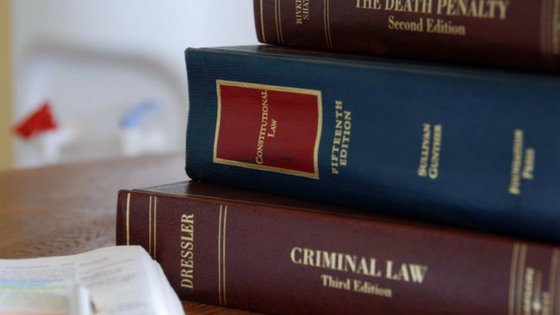In all the talk about the ways in which the Consumer Financial Protection Bureau was taken out to the woodshed yesterday by the Court of Appeals for the District of Columbia, I came across an article today that called the ruling a “blessing in disguise” for the agency.
Yes, the CFPB may have lost the battle of rhetoric, as anyone who has read yesterday’s ruling can attest. But, in practicality, the CFPB won on many different fronts, argues Prof. Adam Levitin, a professor at the Georgetown University School of Law. His article was originally published on Credit Slips, a website for run by academics who post on the topics of consumers, credit, and financial institutions.
The CFPB’s leadership structure — a single director who, until yesterday, could only be removed for cause — was declared unconstitutional, but the court fixed this by removing the for cause provision from the Dodd-Frank Act. The CFPB was not closed down, as had been requested by the plaintiffs in the case. This leads to four implications, according to Prof. Levitin:
- First, the CFPB’s existing rule makings and enforcement actions remain valid and unaffected. That’s a huge win for the CFPB. It’s business as usual at the CFPB for all intents and purposes.
- Second, the CFPB’s Director is now under direct Presidential political control, but that doesn’t have partisan implications: a GOP-appointed director could be removed as easily by a Democratic president as a Democratic-appointed director could be removed by a Republican president. Now the CFPB Director, instead of running on a five-year term will be on a five-year term that might get curtailed with every change in Presidential administration. That’s not a particularly big deal.
- Third, the CFPB remains budgetarily independent. The importance of this cannot be over-emphasized. It means that if anyone wants to affect the CFPB’s ability to function it has to be done out in the open. The agency cannot be quietly asphyxiated through the appropriations process as has happened with the SEC and FTC.
- And finally, the decision takes the wind out of sails of House GOP efforts to gut the CFPB by turning it into an ineffective commission structure and subjecting its budget to appropriations. The House GOP has been attacking the CFPB as relentlessly as it has attacked Obamacare, and the DC Circuit just took away their leading argument, namely that the CFPB has to be removed wholesale because its structure is unconstitutional. Not so said the court. There was a very targeted surgical fix, and now the agency’s structure is kosher. Combine that with the Wells Fargo fake account scandal, which underscored the need for a strong CFPB, and the House GOP’s attacks on the CFPB are standing on increasingly shaky ground.
Prof. Levitin argues that the CFPB should request an en banc hearing in front of all the judges from the D.C. Court of Appeals prior to appealing to the Supreme Court, because the three judges who heard this appeal was “unusually conservative” and not representative of that entire Appeals Court.
Yesterday’s ruling also declared that the CFPB violated due process and was wrong to claim an infinite statute of limitations when enforcing the 19 consumer protection statutes under its jurisdiction. But that could force the CFPB to “act more precipitously” if it knows the “clock is ticking.”
So all told, the headlines look bad, but this is actually a pretty good day for the CFPB.









